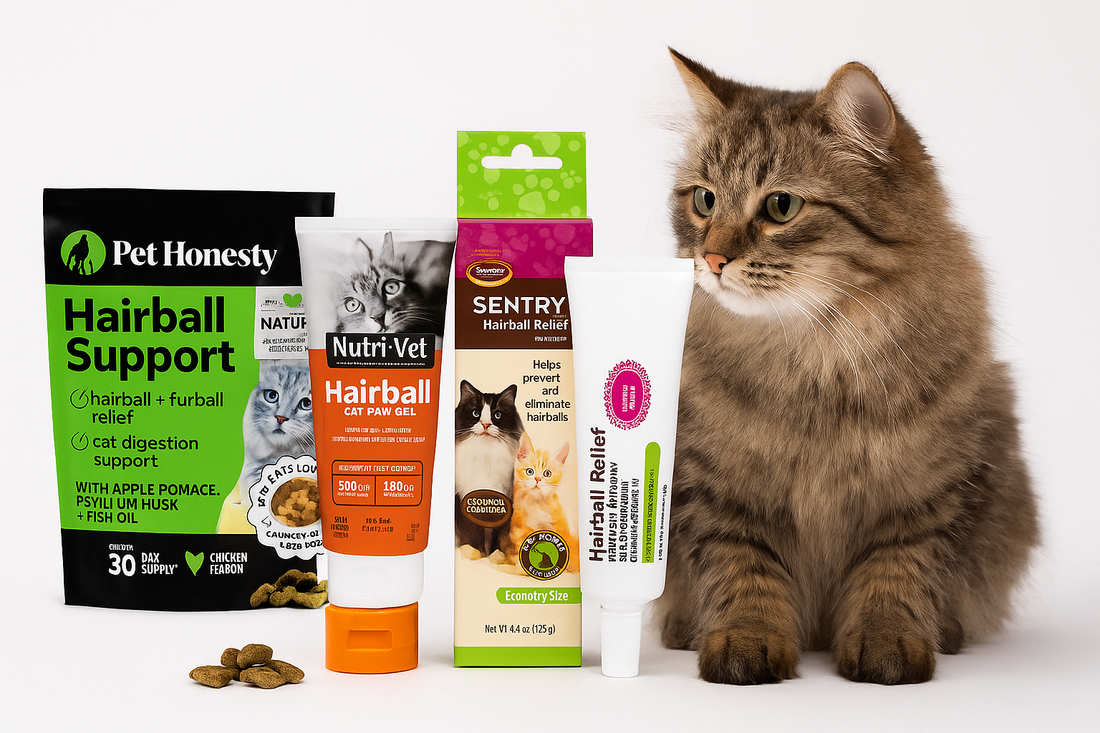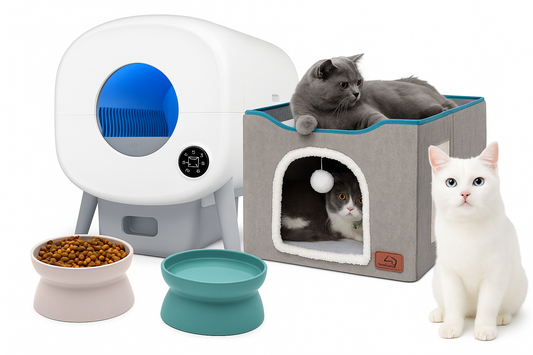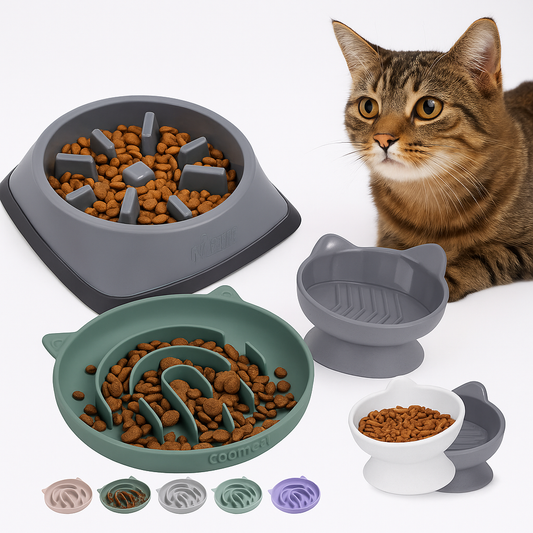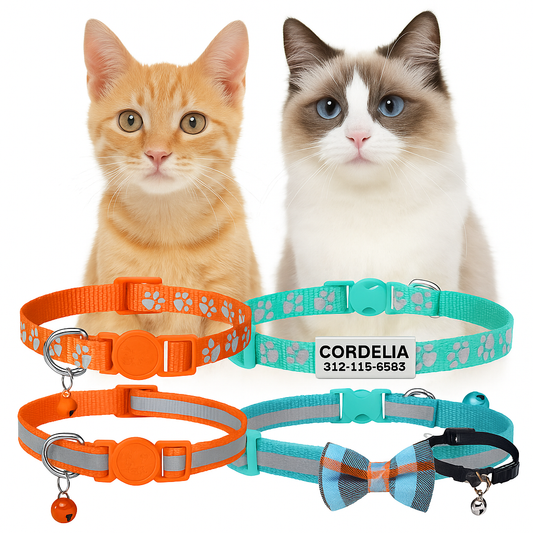
Hairball Help: 5 Effective Products to Prevent & Treat Hairballs
Hairballs might be a natural part of cat ownership, but they’re far from pleasant. Whether you're tired of finding them on your carpet or you're worried about your feline's health, hairballs are a problem worth tackling. In this blog post, we’re diving into the top five highly-rated products that help prevent and treat hairballs. From chews to gels, each one supports your cat’s digestive system and minimizes fur-related issues. If your furry friend is prone to hacking, coughing, or hairball-related digestive troubles, you’re in the right place. Let’s explore how to make life a little smoother for both of you.
What Causes Hairballs & Why Prevention Matters
Hairballs form when cats groom themselves and ingest loose fur. While most of this hair passes through their digestive system uneventfully, some of it can clump together and form a hairball. It’s more common in long-haired breeds and heavy groomers, especially during shedding season. Unfortunately, frequent hairballs aren’t just gross—they can lead to discomfort, vomiting, or even intestinal blockages in severe cases.
That's why prevention is key. Hairball remedies work by either improving your cat's digestion to help fur pass more easily or by minimizing the amount of fur they swallow in the first place. Many remedies include lubricants like petroleum or healthy oils, while others use fiber to keep everything moving. There are also flavorful treats and supplements packed with omega-3s, vitamins, and prebiotics for all-around wellness.
Providing your cat with regular brushing, proper hydration, and a hairball-preventing diet can go a long way. But when furballs still sneak through, these top products give you the backup you need.
Top Products to Prevent & Treat Cat Hairballs
Conclusion: Say Goodbye to Hairball Hassles
Hairballs are a hassle—but with the right care routine and targeted products, you can make them a thing of the past. These five proven remedies each take a different approach, from treats and chews to lubricating gels and natural oils. Choosing the best option depends on your cat’s preferences, sensitivities, and overall health, but all of them are designed with feline comfort and digestive health in mind.
Regular grooming, fiber-rich diets, hydration, and consistent supplementation can dramatically reduce the number of hairballs your cat experiences. Keep your feline happy, healthy, and hairball-free by incorporating these top-rated products into your wellness routine. As always, consult your vet if hairballs become frequent or severe—especially if vomiting or lethargy accompany them.
Related Articles
- Stress Relief for Cats: Top 5 Calming Products to Soothe Anxious Kitties
- Goodbye Fleas: Best Flea & Tick Treatments for Cats in 2025
- Hairball Help: 5 Effective Products to Prevent & Treat Hairballs
- Feline Wellness Series, Part 3: Skin & Coat Care – Top Shampoos and Supplements for a Shiny Fur
- Feline Wellness Series, Part 2: Essential Supplements & Vitamins for a Healthy Cat
Affiliate Disclosure: Some of the links in this article may be affiliate links. This means if you click and make a purchase, we may earn a small commission—at no extra cost to you. As a participant in the Amazon Associates program, Capnip earns from qualifying purchases.








